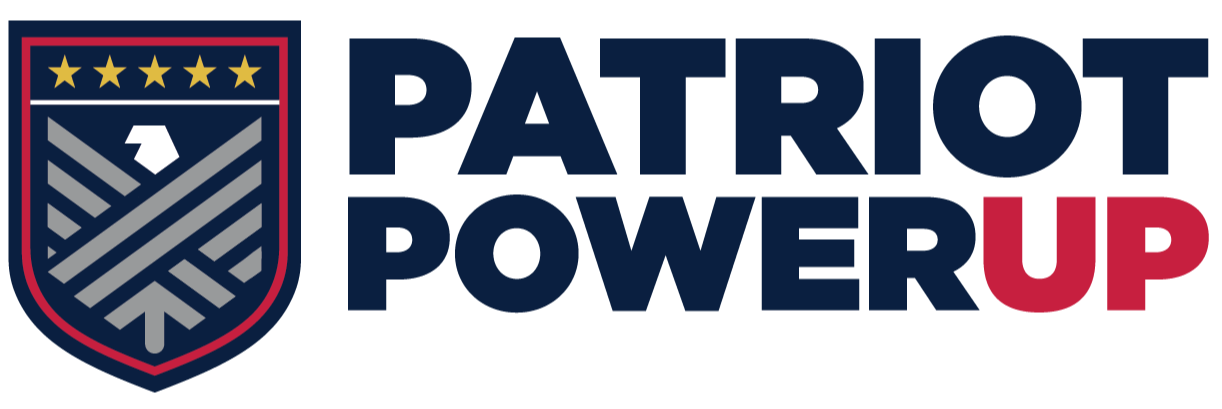Christopher Coles Had Just Married the Love of His Life
By all accounts, he was happy—fresh from a “perfect” honeymoon, surrounded by love, and stepping into a hopeful new chapter. But just one day after returning home, the 28-year-old Army Veteran from North Carolina died by suicide.
His story has left hearts shattered—and sparked a nationwide conversation. How can someone who seemed so full of life be suffering so silently? And more importantly, how can we stop this from happening again?
The Heartbreaking Loss of Christopher Coles
Christopher served his country with honor. After returning to civilian life, he found happiness, married his wife Isabel, and seemed to be thriving. But the outside didn’t tell the whole story.
There were no obvious signs. No dramatic cries for help. Just a quiet storm brewing beneath the surface—one that even those closest to him couldn’t see coming.
Isabel described their honeymoon as “perfect.” That’s what makes the shock and grief so devastating. It’s also what makes this story painfully familiar for far too many military families.
A Painful Pattern: The Hidden Crisis Among Veterans
Christopher’s death isn’t an isolated tragedy. According to the Department of Veterans Affairs, 17 Veterans die by suicide every single day. And most of them, like Christopher, never reached out to the VA or a mental health provider before it was too late.
Veterans often carry invisible wounds—pain masked by strength, humor, or stoicism. The very traits that make them warriors in service can become barriers to asking for help afterward.
That’s why early intervention, regular check-ins, and community awareness aren’t just helpful—they’re life-saving.
Isabel’s Mission: Turning Grief into Purpose
In the face of unimaginable loss, Isabel Coles is choosing action. She’s become an outspoken advocate for suicide prevention and Veteran mental health awareness.
To honor Christopher’s memory, she’s training to run the Chicago Marathon, raising funds for the American Foundation for Suicide Prevention (AFSP). Her message is clear: we have to talk about this. We have to look out for each other. And we need more support for the Veterans who’ve given so much.
This Is Bigger Than One Story
Christopher’s passing highlights a systemic issue that goes far beyond individual tragedy. Despite billions in funding, many Veterans still fall through the cracks.
- Nearly 60% of Veterans who die by suicide had no recent VA contact.
- Many struggle with access to care—especially in rural areas or during transitional periods.
- Stigma, pride, and fear of being judged often prevent Veterans from opening up.
What’s needed is more than awareness. It’s a comprehensive shift—from reactive crisis intervention to proactive community support, peer networks, and accessible, Veteran-centered care.
Frequently Asked Questions
Q: What are warning signs that a Veteran might be struggling?
A: Withdrawal, sudden mood changes, insomnia, reckless behavior, or expressing hopelessness. But sometimes, there are no signs at all—which is why regular, compassionate check-ins matter.
Q: How can I help someone I care about?
A: Be present. Listen without judgment. Encourage them to talk to a professional—and walk with them through that process if needed.
Q: Where can Veterans go for help right now?
A:
- Veterans Crisis Line: Call or text 988 then press 1
- VA Mental Health Services: va.gov/mental-health
- AFSP and other nonprofits also offer specialized resources and local support groups
Resources
- Veterans Crisis Line (988, Press 1)
- American Foundation for Suicide Prevention
- VA Mental Health Services
- NY Post – Story of Christopher Coles
- News.com.au – Widow’s Advocacy
At Patriot PowerUP, we believe no Veteran should fight their battles alone. Every story like Christopher’s deepens our commitment to building stronger support systems, breaking stigma, and showing up for our brothers and sisters in arms.

